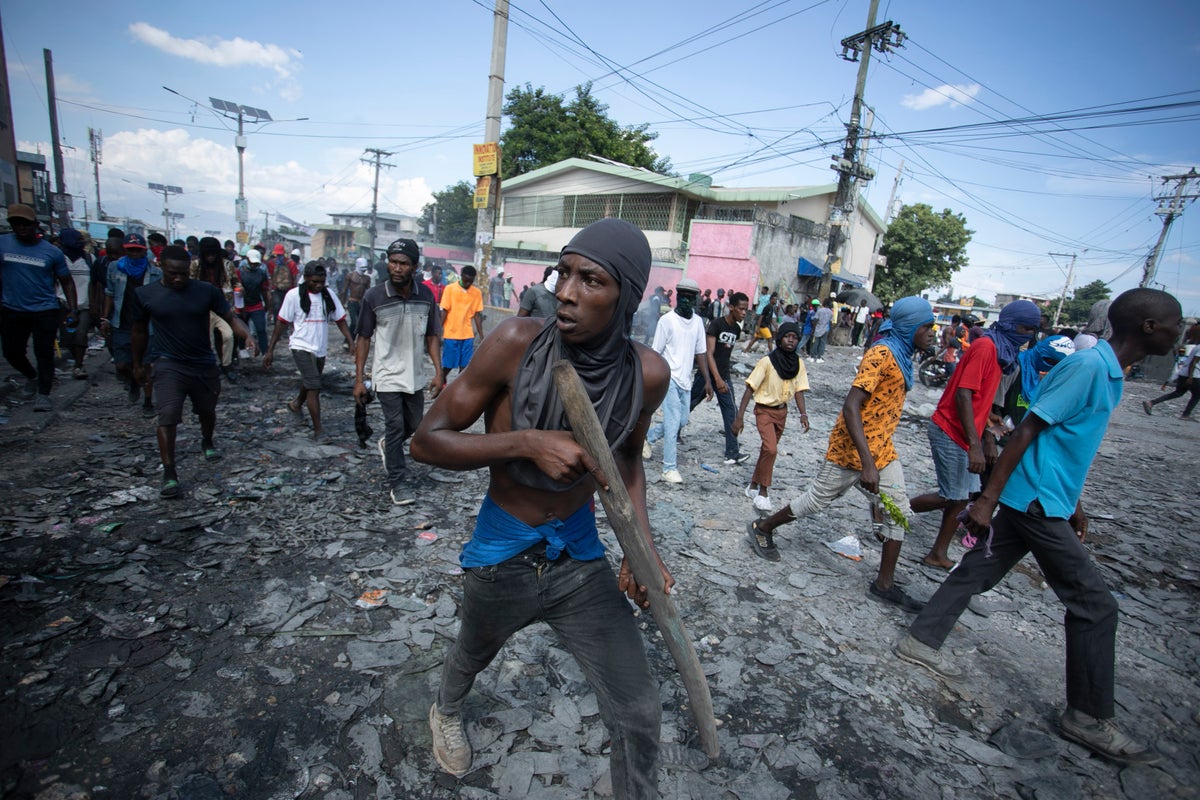
The United Nations is proposing a “humanitarian corridor” in Haiti's capital to help people get gasoline and aid amid a mounting crisis as gangs keep blockading roads and access to some areas, including to one key fuel terminal in Port-au-Prince.
The U.N. office in Haiti said in a press release that the blockades, in particular the one accessing the Varreux fuel terminal, undermine efforts to resolve problems in the Caribbean country, in particular the resurgence of cholera after three years without reported cases.
The U.N. Resident and Humanitarian Coordinator Office in Haiti made the proposal on Wednesday.
Late Wednesday, Prime Minister Ariel Henry also called for help from the international community to address his country's crisis, worsened last month when he announced that fuel subsidies would be eliminated, causing prices to double and people, including gang members, to protest in the streets.
Haiti’s most powerful gang even decided to block access to the largest fuel terminal, warning its members will stay there until Henry resigns and prices for fuel are reduced.
Since the assassination of President Jovenel Moïse in July 2021, violence has soared in Haiti as gangs battle over territory, and the government has struggled to crack down.
The U.N. said that the blockade on the fuel terminal “has led to the closure of health centers over the last weeks now, and caused the interruption of water treatment services,” posing a problem to prevent cholera.
“The crisis that Haiti is going through affects the population throughout the territory and the most vulnerable people are the first to suffer from the blockage,” it added on its press release.
The fuel depot blocked by gangs has been inoperable since Sept. 12, cutting off about 10 million gallons of diesel and gasoline and more than 800,000 gallons of kerosene stored on site. Many gas stations are closed, and others are quickly running out of supplies.







